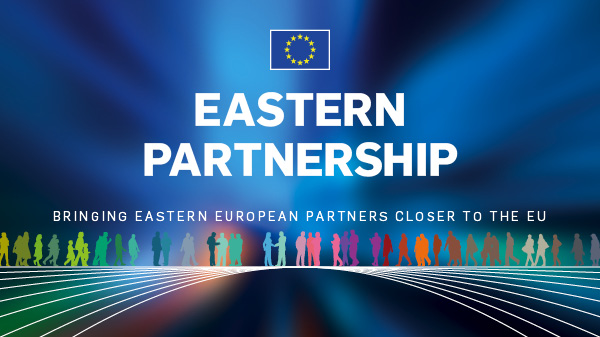Azerbaijani, Georgian border regions to co-op within EaP

By Jamila Babayeva
The border regions of six partner countries, including Azerbaijan and Georgia will be able to hold joint development projects as part of the Eastern Partnership Territorial Cooperation (EaPTC) Support Program.
The news was announced by the program's team Leader Aleksey Sekarev addressing an international conference on the opening of the EaPTC Support Program in Tbilisi on July 4.
Sekarev went to say that the European Commission will put the project out to tender and the winners will receive certain grants.
"Bilateral Azerbaijan-Georgia, Georgia-Armenia, Moldova-Ukraine and Belarus-Ukraine territorial programs will be implemented as part of the project," Sekarev told reporters.
He said any non-profit organization from participating countries can take part in these programs.
"The main prerequisite is that the partners from two neighboring states, especially from their border regions, must take part in each project and receive certain funds," Sekarev stressed.
He said the EaPTC intends to work hard to inform the public about the participating countries, and to hold corresponding trainings for the project's prospective participants to easily gather relevant documents for submitting applications.
Touching upon the Azerbaijan-Georgia territorial program, Sekarev said the Sheki-Zagatala and Ganja-Gazakh economic regions will take part in the project from the Azerbaijani side, while the Kvemo-Kartli and Kakheti regions will join the program from the Georgian side.
Sekarev said that according to preliminary estimates, the amount of the grants will vary from 20,000 to 250,000 euros.
"We expect that the projects planned by partners from two countries not to be too infrastructural, but mainly directed at somehow 'blurring of boundaries' in these regions. This will allow the people in these regions to know each other better, find reliable partners and contribute to regional development," Sekarev stressed.
He also said the EaPTC Support Program is being implemented on the basis of similar projects that were carried out at the internal borders of the EU.
"Territorial programs are totally apolitical and have only economic and humanitarian goals, so the political or religious organizations will not be able to participate in them. There can be absolutely varying projects for participation in the EaPTC Support Program - the participants are free to choose their goals. These can be environmental, social, youth, and other projects," Sekarev added.
The project will cost 12.5 million euros. Some 1.35 million euros of these funds have been allocated for the Azerbaijan-Georgia territorial program.
The program will be administered by GIZ - the German Federal Enterprise for International Cooperation (Deutsche Gesellschaft für Internationale Zusammenarbeit GmbH).
The program will last till late 2016.
The length of the Azerbaijan - Georgia state border is 480 kilometers. Kazakh, Agstafa, Tovuz, Samukh, Gakh, Zagatala and Balakan regions of Azerbaijan have borders with Georgia.
"Azerbaijan and Georgia will establish a bilateral commission on border cooperation by the end of 2014," Georgian First Deputy Minister of Regional Development and Infrastructure Tengiz Shergelashvili said.
"The commission will be engaged in development of cooperation between border regions of two countries. Currently, the process of the commission's formation is underway," he added.
"We have already established similar commission with Armenia, and I believe that the same structure will also be formed with Azerbaijan. The commission will include representatives of the ministries of regional development and infrastructure, euro integration, reconciliation and civic equality, and also representatives of NGOs and other structures from the Georgian side."
Shergelashvili added that the commission will also cooperate with organizations participating in EaP's Territorial Cooperation Support Program.
"There is sufficient capacity for cooperation in many spheres, such as tourism, education, and agriculture surely," he said.
Here we are to serve you with news right now. It does not cost much, but worth your attention.
Choose to support open, independent, quality journalism and subscribe on a monthly basis.
By subscribing to our online newspaper, you can have full digital access to all news, analysis, and much more.
You can also follow AzerNEWS on Twitter @AzerNewsAz or Facebook @AzerNewsNewspaper
Thank you!
